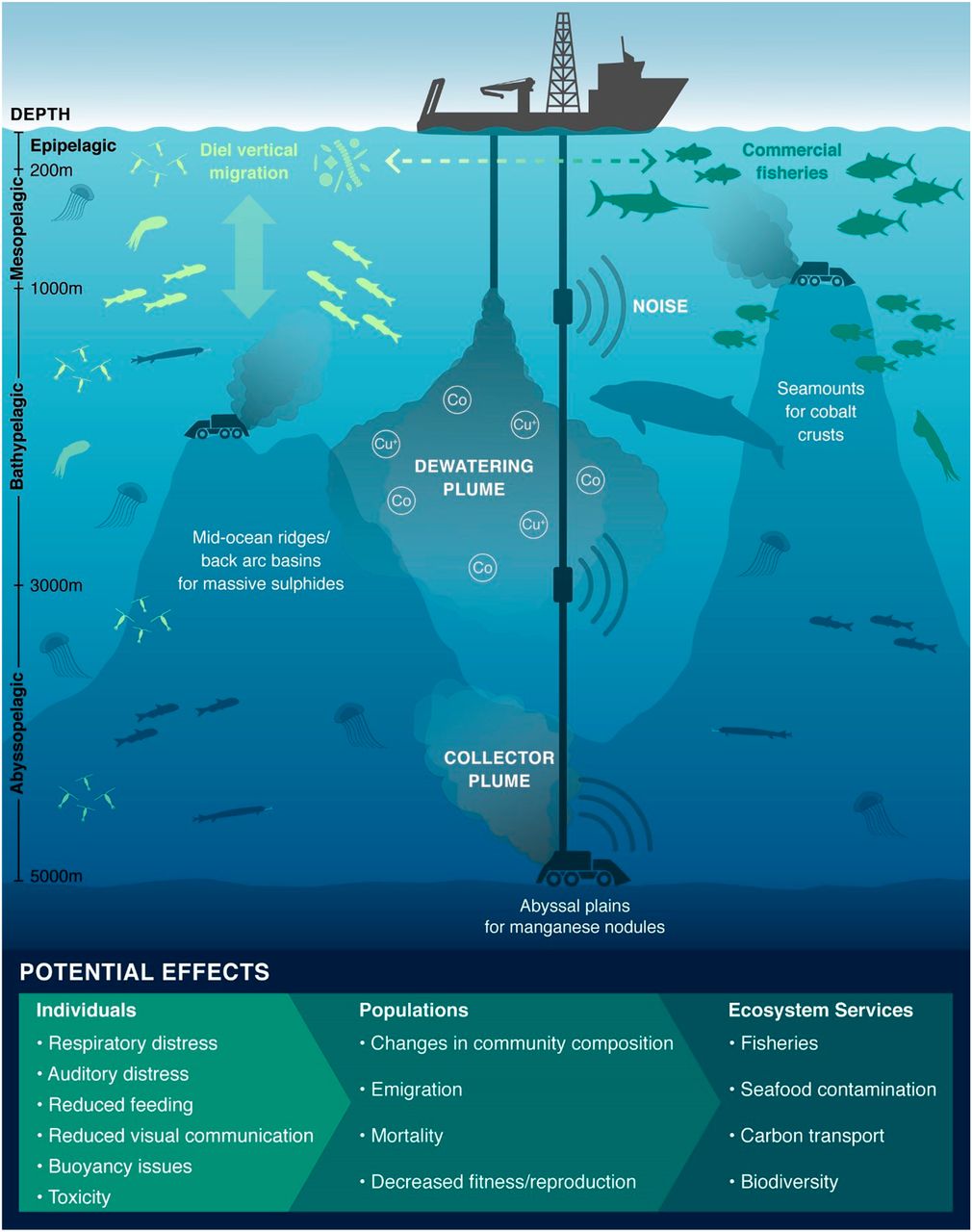7667766266
enquiry@shankarias.in
The International Seabed Authority (ISA) has decided that it will start taking permit applications in July 2023 from companies that want to mine the ocean’s floor.
The deep sea ocean floor covers about two-thirds of the total seafloor.

Quick Facts
International Seabed Authority
United Nations Convention on the Law of the Sea (UNCLOS)
References